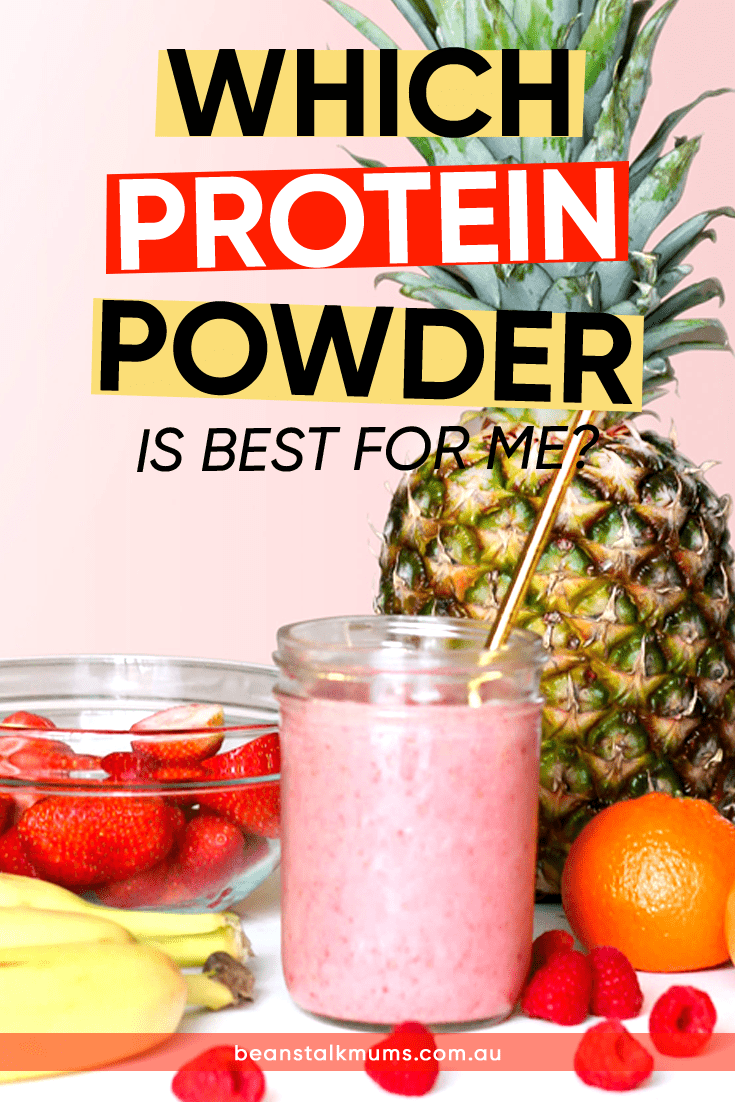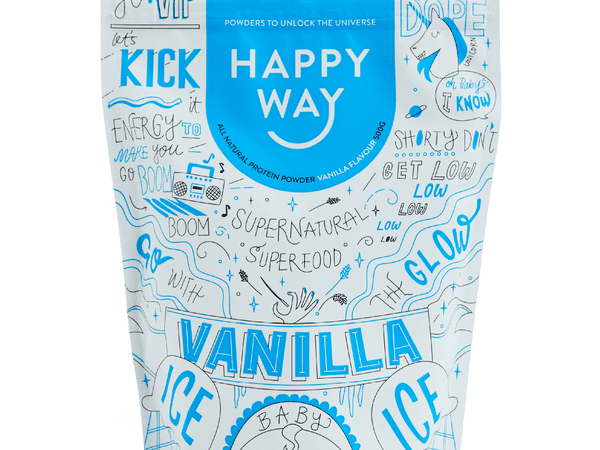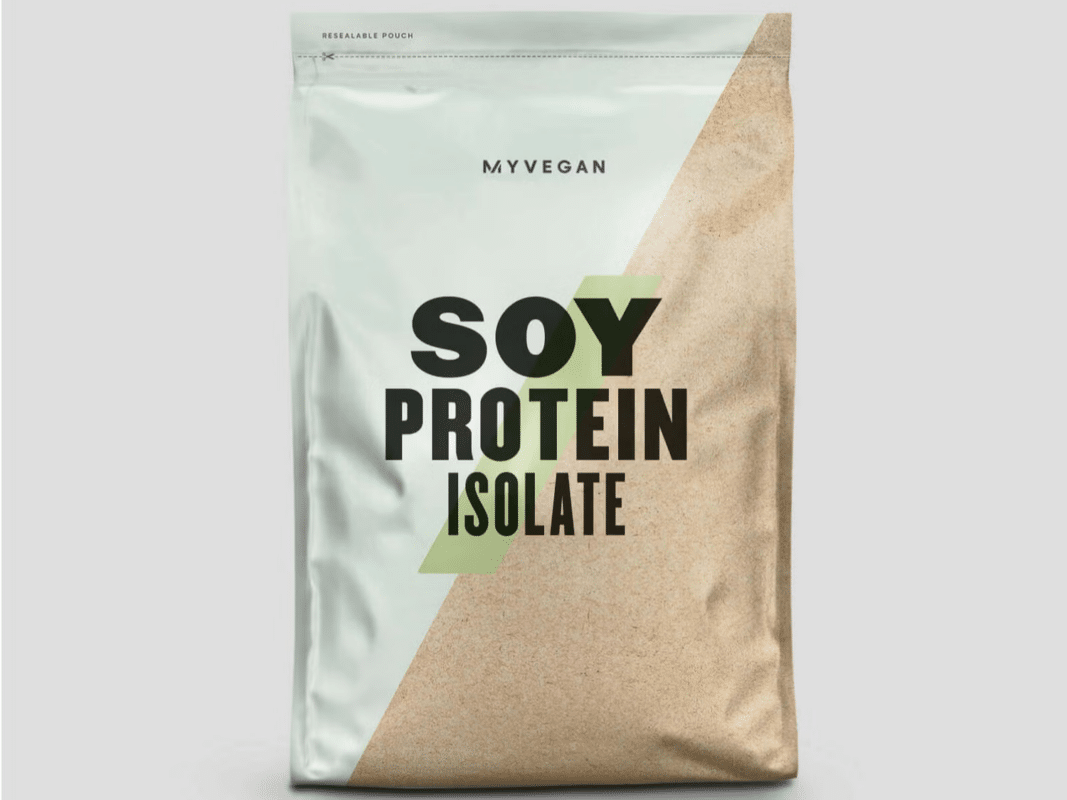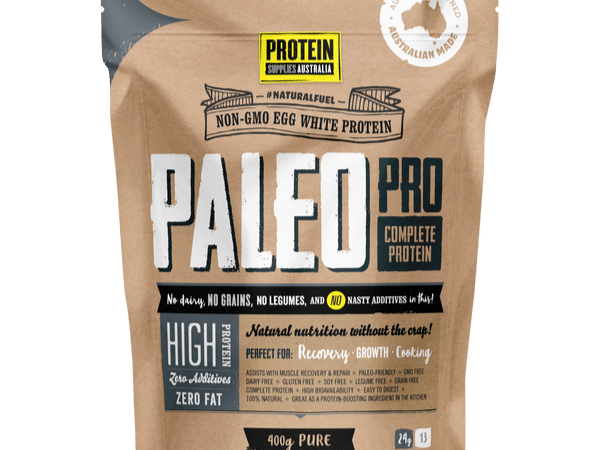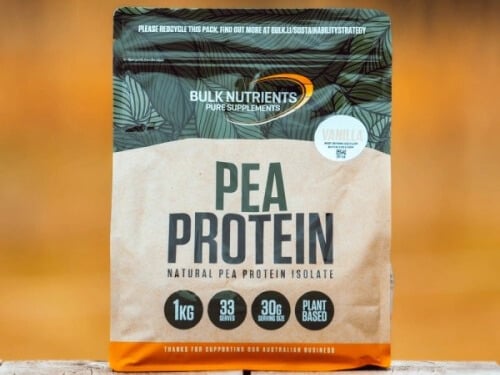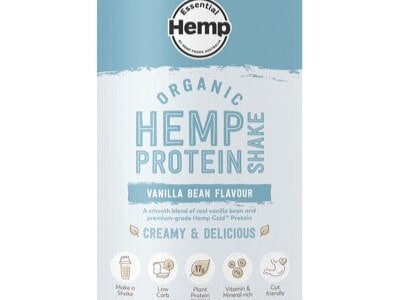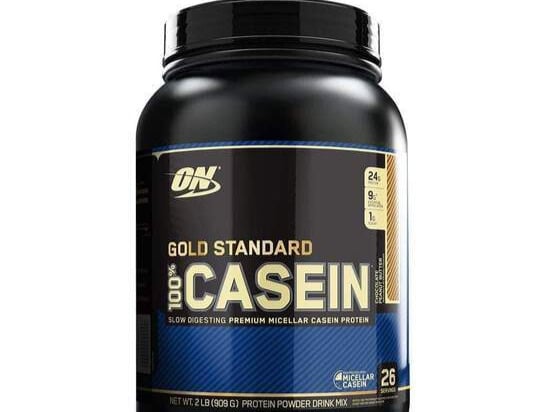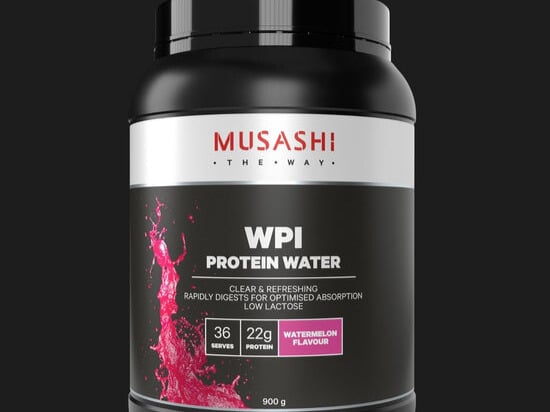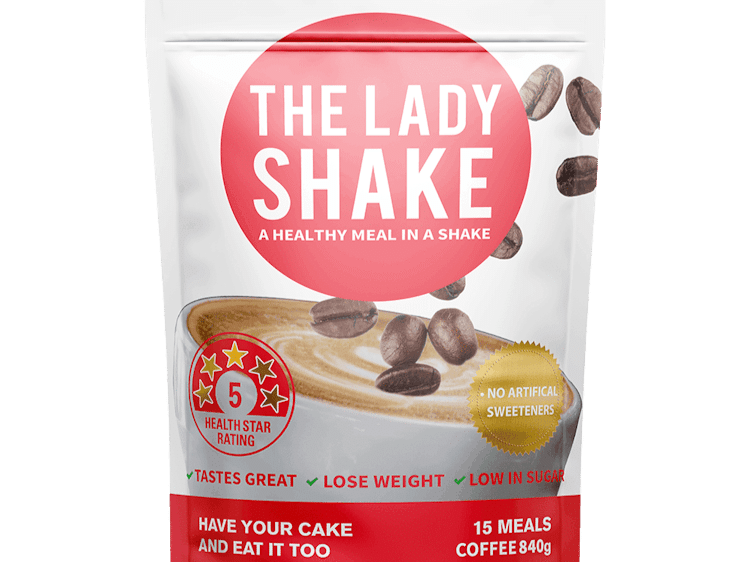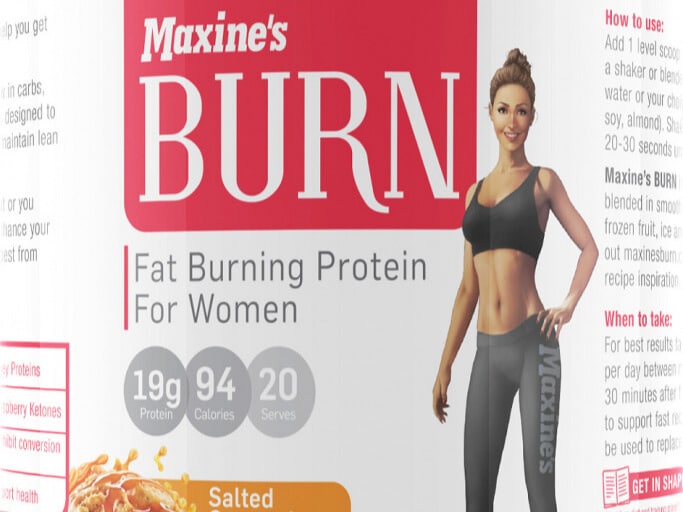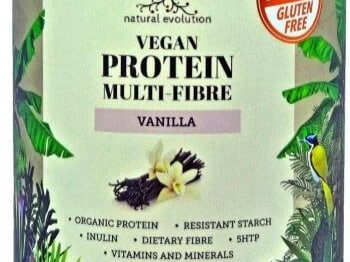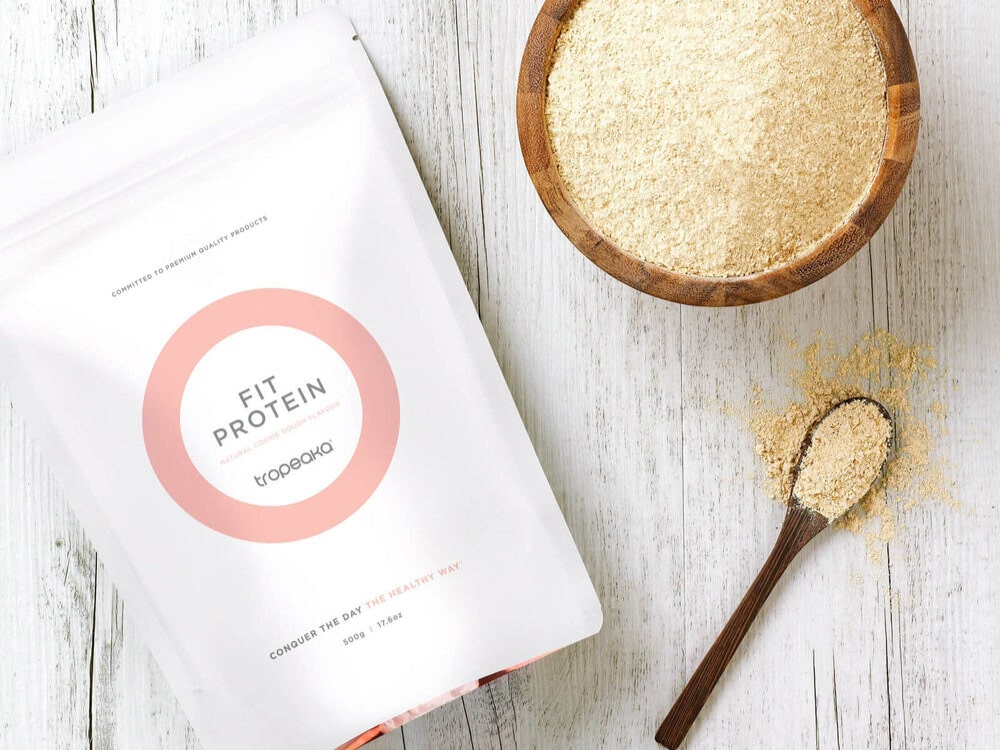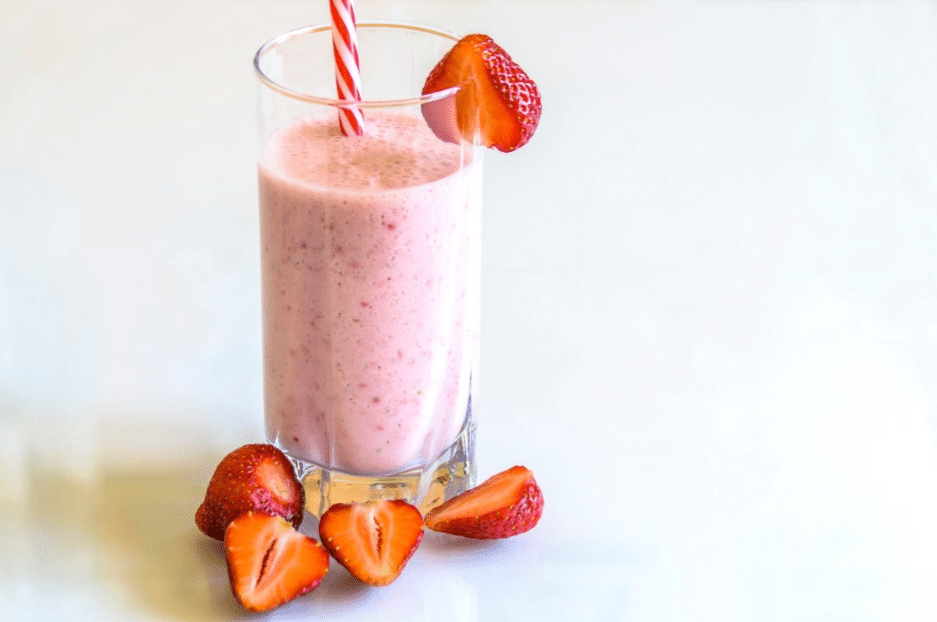
This article about which protein powder is best was last updated in 2024.
Protein powders are a staple in many people’s diets and as they grow in popularity so does the number of varieties available. This huge choice may leave you wondering:
“How do I find the best protein powder for me?”
There are actually a number of different types of proteins and they have a lot of uses depending on your health and lifestyle goals.
This article will help you make sense of protein powders so you can make an educated choice that gets the results you’re after.
We will answer these questions for you:
- What is protein powder?
- Do I need to include protein powder in my diet?
- What are the different types of protein, and what do they do?
- How can I recognise a quality protein powder and avoid scams?
- How do I find the right protein powder for my health requirements?
- How should I take my protein powder?
What is powdered protein?
Protein powder is a powdered protein made from plant or animal sources. Protein powder may or may not contain additional ingredients like micronutrients (vitamins and minerals), sugars and flavouring. Adding a scoop of protein powder to shakes or food is a convenient way to up your protein intake if you want to build muscle, improve athletic performance or lose weight.
Do I need to include protein powder in my diet?
Protein is an essential macronutrient needed for many bodily functions, including tissue repair, muscle building and maintaining bone strength. Most people already consume enough protein from their diet and should get much of their protein from whole foods. Those with increased requirements (athletes, bodybuilders, older adults with poor appetites) and people who want to lose weight may benefit from including protein powders in their diet.
Further reading: How to make protein shakes at home.
What are the different types of protein, and what do they do?
Powdered protein come in different forms. Whey and soy are two of the most common but we have listed them all below.
Whey protein powder
Whey protein is a type of milk protein that easily dissolves in water, making it perfect for adding to shakes and smoothies. Whey contains all the nine essential amino acids that the body needs. Great for everyday use.
We found this at: Supplement Mart
Soy
Soy protein is a plant-based protein that is great for vegans. However, it is not a complete protein and does not dissolve as easily in water as whey. Soy protein may help reduce bad cholesterol.
We found this at: My Protein
Egg
Egg protein is a complete protein that contains all essential amino acids. It is released more slowly than whey and can be taken throughout the day.
We found this at: Love Your Health
Pea
Made from peas, pea protein is affordable and easily digestible. Great for people with allergies or gut problems.
We found this at: Bulk Nutrients
Hemp
Hemp is another plant-based protein that is ideal for vegans. It is also a rich source of omega-3 fatty acids that are good for the heart.
We found this at: The Well Store
Brown rice
Brown rice protein is gluten-free and perfect for vegetarians and those with dairy allergies.
We found this at: 180 Nutrition
Milk
Milk protein is a complete protein source like whey and animal-based protein. It helps build muscle and support the immune system.
We found this at: Elite Supplements
Protein water
Between juggling work, kids, and workouts, the last thing you need is a complicated protein routine. That’s where protein water comes in! It is a convenient way to get a quick protein boost while staying hydrated. Just grab a bottle on the go, and you've got a portable source of protein to help fuel your day. It's perfect for busy days when there is no time for a sit-down meal. But not all protein waters are mum-friendly. So look for options with a decent amount of protein and flavours that you enjoy.
We found this at: Musashi
How can I recognise a quality protein powder and avoid scams?
To get quality protein powder and avoid scams check the label carefully before buying.
Look at the ingredients list (avoid those with added sugar or artificial flavours), the protein source (animal or plant), servings per container and the amount of protein per scoop. This depends on the formulation. Protein powders for building muscle generally contain more protein than those for weight loss.
To get the most out of your money, buy protein powder in bulk and when there’s a sale.
How do I find the right protein powder for my health requirements?
Protein powders work best when tailored to individual requirements.
Are you trying to lose weight or gain weight/build muscle? Are you a vegetarian?
Here is a list of common personal health goals with suggested protein powders to assist.
Weight loss
The best protein powders for weight loss are those without added sugar or sweeteners. Avoid powders that promote weight gain and choose those with low carbohydrate content.
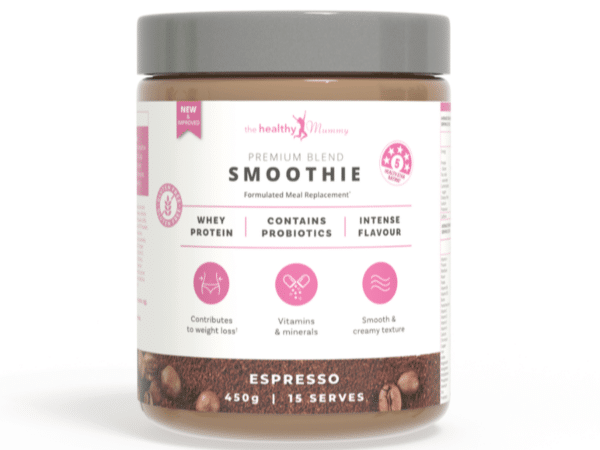
Here is a suggestion from: The Healthy Mummy
Meal replacements
The Lady Shake is a game-changer for us single mums. It is a weight loss shake designed specifically for women, packed with all the nutrients we need to stay healthy and strong.
I learned about The Lady Shake through a colleague, Jan. After struggling to shed stubborn pounds post-baby, she decided to give it a try. She said that not only did it help her reach her weight loss goals, but it also made her feel more energized and confident. Now, it's become a staple in her daily routine, so it is easier than ever to stay on track and feel her best.
We found this at: The Man Shake
Toning and muscle-building
Whey protein is the best everyday protein for body toning and muscle building. It is easily digested, absorbed and utilised by the body.
Here is a suggestion from: Aussie Health
Vegan/Vegetarian
Choose protein powders from 100% plant-based sources if you are vegan or vegetarian. Soy, hemp, brown rice and pea protein are all great options.
Here is a suggestion from: Aussie Health Products
Low sugar
Protein powders that are low in carbohydrates and without added sugar are excellent for diabetics or those who want to reduce their overall sugar intake.
Here is a suggestion from: Tropeaka
Health conditions
If you have gut problems (lactose intolerance, irritable bowel syndrome, gluten allergy), stay away from protein powders that contain lactose sugar, artificial sweeteners and gluten. People who cannot tolerate large amounts of protein at one time should choose protein powders with lower grams of protein per scoop.

Here is a suggestion from: eBay
How should I take my protein powder?
- Unflavoured protein powders are perfect for adding to food and drinks since they don’t alter the taste. If you prefer flavoured powders, choose those with reduced/no added sugar and no artificial flavours. Even better, create your own flavours by adding fruit, milk, peanut butter or cocoa powder.
- For weight loss, take a steady amount of protein powder at every meal to keep you fuller for longer. Add protein powder to breakfast bowls or smoothies for lunch and dinner.
- Protein is important for recovery after exercise, strenuous activity or prolonged illness. Add protein powder to your post-workout drink or smoothie to aid the body’s repair and healing process.
Summary: So which protein powder is best for me?
Picking the best protein powder may feel like a strenuous task at first. At first, I thought I had better things to do than spend time researching and trying different brands. But as single mums juggling a million things at once, we need something that isn't just good but is also great for our body and lifestyle.
I remember one hectic morning, I grabbed a random protein powder off the shelf, thinking it would save me time. But it ended up giving me the worst stomach ache ever! Lesson learned – never underestimate the importance of choosing the right one.
After doing proper research and a bit of trial and error, I finally found my match. Now I stick with my plant-based protein powder that gives me the energy I need without any nasty side effects. But hey, what works for me might not work for you. So take time to experiment and listen to your body.
So, which protein powder is best for you? Well, it’s a personal journey, but remember, don’t settle until you find the one that makes you feel like a supermum!
